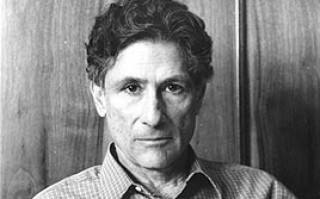When Edward Said joined the Columbia University English department in 1963, a rumour spread that he was a Jew from Alexandria. He might as well have been. Born in Jerusalem in 1935 to well-off Palestinian Christian parents, he had grown up in the twilight years of multicultural Cairo, where many of his classmates were Egyptian Jews. His piano teacher was Ignace Tiegerman, a Polish Jew who had moved to Cairo in 1931 and founded a French-speaking conservatoire. Said’s closest friends at Princeton and Harvard, Arthur Gold, a brilliant Luftmensch prone to tormented idleness, and the future art critic Michael Fried, were Jews. His dissertation and first book were about Joseph Conrad’s explorations of ambiguity and double identities. As Timothy Brennan writes in Places of Mind, Said was ‘a photo negative of his Jewish counterparts’.







